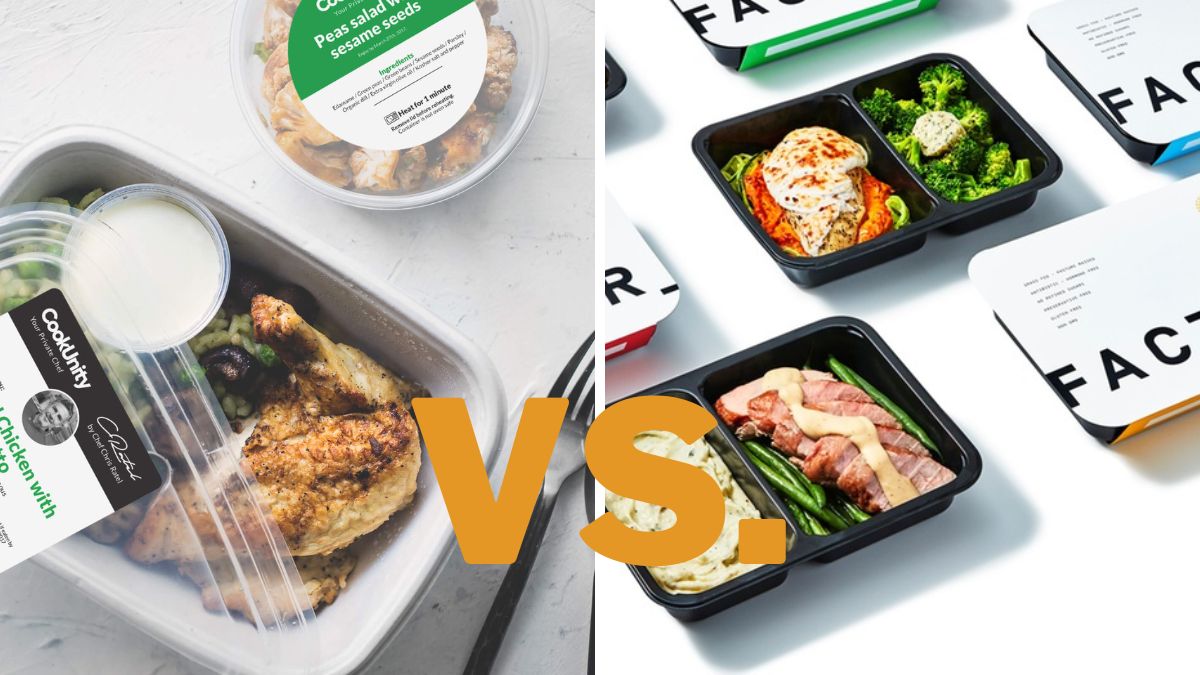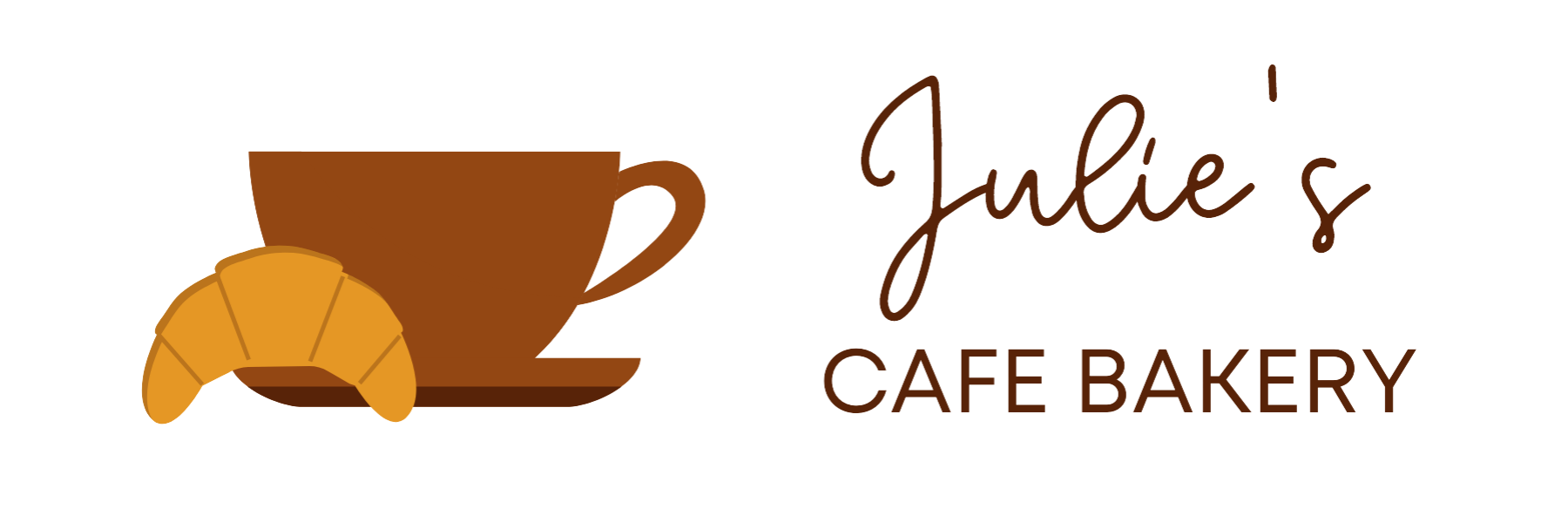CookUnity vs. Factor: Which Is Better?

CookUnity and Factor Meals are food delivery services that prepare premade meals made by professional chefs with organic ingredients. Both are known for their quality and practicality. CookUnity and Factor meals work with subscriptions and deliver pre-ordered meals to your doorstep in a special insulation box. Depending on your health and lifestyle, both CookUnity and Factor meals offer different menus adapted and tailored to your needs. So, what are the differences between CookUnity and Factor meals?
Both CookUnity and Factor meals offer high-quality food made of organic, all-natural ingredients and with no additives. They are very close in quality, with the CookUnity offering more choices, but not by large. Factor meals are a bit cheaper than CookUnity.
Depending on how often you order, Factor meals and CookUnity could be either a very cost-effective solution or a very pricy one. Feeding an entire family on pre-prepared meals could drain your budget. On the other hand, having these meals for one person could save a few pennies. In the following paragraph, I will compare CookUnity and Factor meals to help you decide which would be the better choice for you.
CookUnity vs. Factor: Differences
Even though CookUnity and Factor work similarly, some differences between them could influence your decision. The delivery time, prices, ingredients, and variety are huge decisive factors when deciding whether to choose CookUnity or Factor.
Prices
Overall, CookUnity is still pricier than Factor, as the other meal plans are more expensive than Factor.
The minimum number of meals you can order from Factor is four, for which you pay $15 per meal. As the number of meals per week increases, the price per meal decreases and is $11 per meal.
The highest number of meals per week from Factor meals is 18 meals. So you are paying from $60 to $176 per week. Whether this is cheap or expensive is a subjective estimate, as it depends on your finances.
However, in general, paying $176 per week would mean paying nearly $800 per month, or on the lower end, $240.
CookUnity offers the same minimum and a maximum number of meals per week, four and 16. If you choose four meals per week, you will pay $13.49 per meal, and the price for 16 meals a week is $10.49.
The price per meal for the minimum number of meals is higher than that of Factor meals, but the price per meal for the maximum number of meals is lower than that of Factor.
So, CookUnity is a more cost-effective solution for bigger batches, while Factor works more economically for smaller batches.
Ingredients
In this regard, CookUnity and Factor meals are equally good. Both services pay close attention to detail and consider the ingredients’ quality. They ensure that the ingredients are organic and natural and top-quality products.
The quality of the products determines the quality of the meals. So both CookUnity and Factor prioritize the quality of their services. That said, Factor and CookUnity are very similar in this respect, if not the same.
Variety
Both CookUnity and Factor offer a wide variety of options. They have keto menus, low-carb menus, menus adapted to a specific health condition, and meals made with certain ingredients that the customer prefers.
However, I would say that in terms of variety, CookUnity takes the prize as it offers a vegan menu, while Factor meals have plant-based meals but are not confirmed as a vegan. So the points here go for CookUnity for the vegan menu, though many vegans enjoy the plant-based Factor meals.
Delivery
Factor meals deliver your food on Mondays, Tuesdays, or Thursdays, depending on your area code. The meals arrive at your door safely packed in the insulation box, where they stay safe for two days after delivery.
CookUnity delivers on different days, depending on the area code. The meals arrive at your doorstep and are safe for 24 hours after delivery. The insulation box comes with ice packs and keeps your food safe until you get it.
Packaging
In this field, Factor is the winner. The Factor insulation boxes keep the meals safe for 48 hours after delivery, and your food is at the right temperature. So, if you order food that is eaten warm, it will be warm.
CookUnity, although having great insulation boxes, they keep the meals safe for 24 hours after delivery, and the food is cold, as there are ice packs instead of gel packs.
Nutrition and Taste
This is the one area where it is impossible to compare CookUnity and Factor meals. Both services prepare delicious, nutritious, and healthy food. Still, they have their respective fans that prefer one or the other.
Both services have very high rankings, with the occasional bad review from a dissatisfied customer, which is to be expected, given the size of the market both operate.
Shelf-Life
Both CookUnity and Factor have the same shelf-life. In the refrigerator, they last for up to a week, and in the freezer for up to a month. At room temperature, they won’t last for over two hours.
CookUnity vs. Factor: Which Is Better?
To say that one is better than the other would be neither fair nor accurate. Both Factor meals and CookUnity prepare delicious food and pay close attention to detail. Both have a large diversity, with CookUnity also having a vegan menu.
Factor meals a cheaper if you buy the minimum number of meals, but CookUnity is cheaper if you buy the maximum number of meals. However, CookUnity is a bit more pricy overall.
